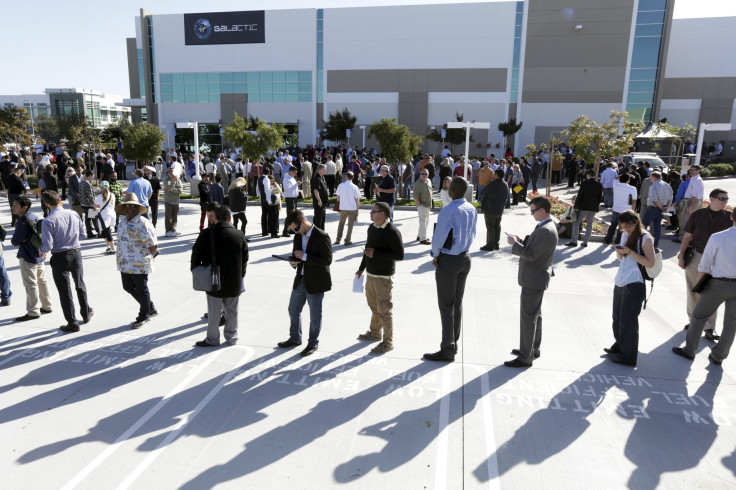Unemployment Insurance 2015: States’ Jobless Benefits At 30-Year Low, Report Says

For U.S. workers who were jobless at some point last year, unemployment insurance benefits that replace income and spur economic growth were scarce. A report released Monday by the nonpartisan Economic Policy Institute, a Washington think tank, states the proportion of jobless workers who received benefits from state-run programs fell to 23.1 percent in December, a level not seen since the previous record-low of 25 percent in September 1984. The decline is due in part to the expiration of the last federal emergency unemployment benefits at the end of 2013, which the last Congress declined to renew.
The lack of benefits is more pronounced in nine Southern and Midwestern states where, according to the report, state lawmakers made cuts to the maximum duration of unemployment benefits programs. Although state jobless benefits participation overall has been in decline in the improving economy, those who are still without work find those benefits harder to obtain, even short-term.
“The point of unemployment insurance is to help workers who are out of work through no fault of their own, and give them a chance to support themselves and their families while they look for another job,” said Will Kimball, an EPI researcher. “When states cut the generosity and length that benefits were available, they failed the workers who need help the most.”
Since 2011, Arkansas, Florida, Georgia, Illinois, Kansas, Michigan, Missouri, and North and South Carolina have cut the maximum length of time jobless workers are eligible for unemployment benefits, the report said. Florida, Georgia and the Carolinas had the most severe cuts: Short-term unemployment benefits participation in those states fell 1.7 to 8.6 times as much as the U.S. average decline. Notably in North Carolina, where the duration was cut from 26 weeks in 2013 to 14 weeks in 2014, the dollar amount of weekly benefits also fell.
The drop in the official unemployment rate -- it was 5.5 percent in February, the Bureau of Labor Statistics reported -- does not reflect the overall labor market, EPI said. The economy lost 7.8 million jobs during the Great Recession -- roughly from December 2007 to October 2010 -- but the working-age population continued to grow in that period. The labor market is still short 5.6 million jobs to keep up with that growth.
“We are still far from a healthy labor market,” the report states.
© Copyright IBTimes 2024. All rights reserved.





















